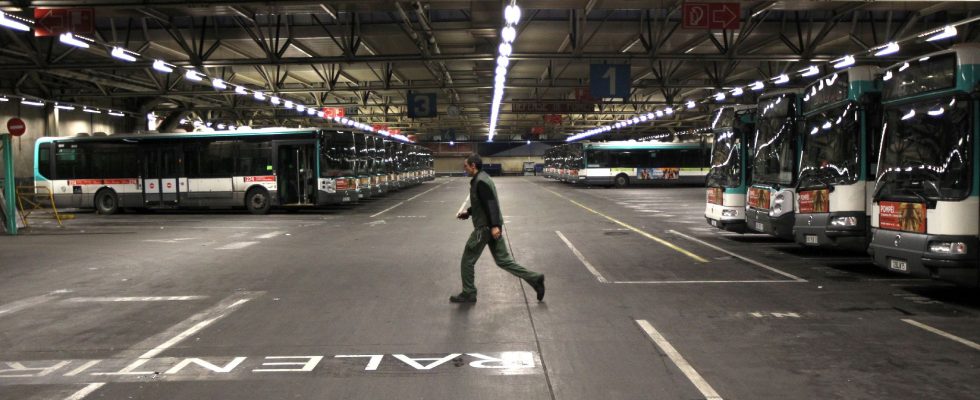Already in the 1980s, working-class neighborhoods showed a certain distrust of more institutional figures, the mayor or the policeman. The “big brothers” had then been called in to maintain order, by cronying with the discontented. They were chosen less for professional skills than for their status, their neighborhood of origin… and their skin color, as shocking as the idea seems. The principle ? “To solve the problems of people in the neighborhoods, you have to go through people who speak the same language: Arabs talk to Arabs, blacks talk to blacks”, abruptly summed up the researcher Vincent Geissert, interviewed by The new observer in 2008.
In an article on “The ‘big brothers’ in the youth policy of Saint-Denis”, published in 2012, the sociologist Pauline Beunardeau evoked for example the figure of Amar, a karate teacher asked by the town hall of Saint-Denis, during the 1980s, to “rebuild the social bond with young people”. The town halls on the left, but also some on the right and several institutions have massively resorted to hiring these profiles, sometimes under the status of “protection officers”, as at the RATP.
In this public establishment, the “big brothers” were reclassified to other positions, then. Without necessarily adapting to the internal functioning, according to Eric Poulliat, Renaissance MP for Gironde, author of a parliamentary report on public services in the face of radicalization, in 2019: “The RATP has always hired in difficult neighborhoods, which is commendable. But some recruitments were made on a community basis, this sent the wrong signal and favored specific demands.”
Almost forty years later, of the “big brother” policy, unfortunately only the worst remains: the affirmation that there is an “us” and a “them”, and that mutual understanding is so impossible it is better to give it up. One wonders if this renunciation, despite all the good intentions it presented, did not already carry within it the crisis that French society is experiencing today.
